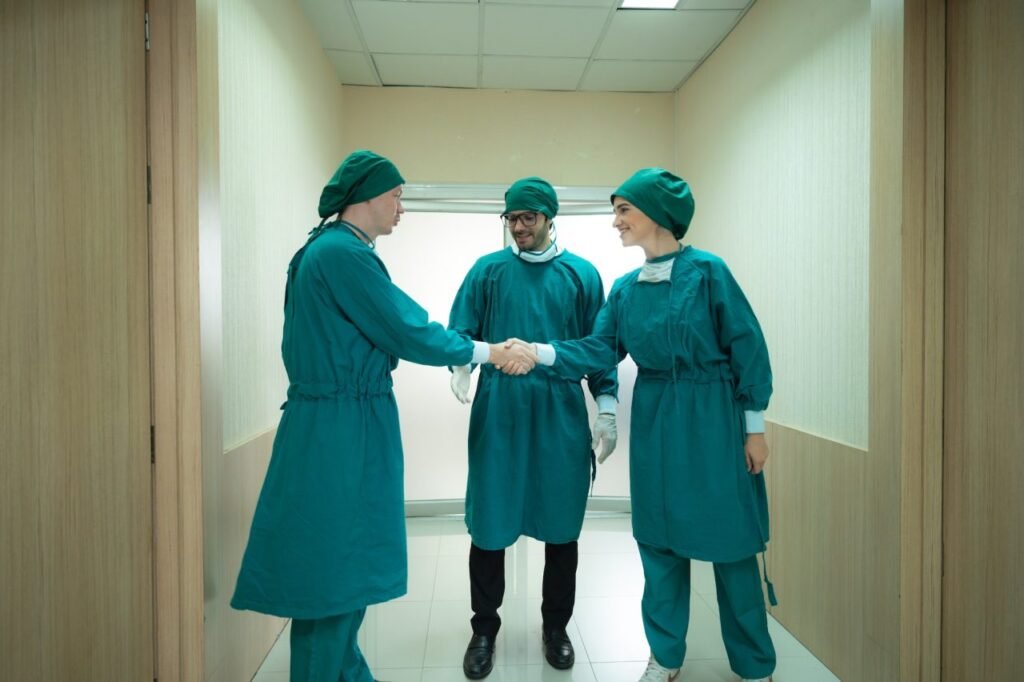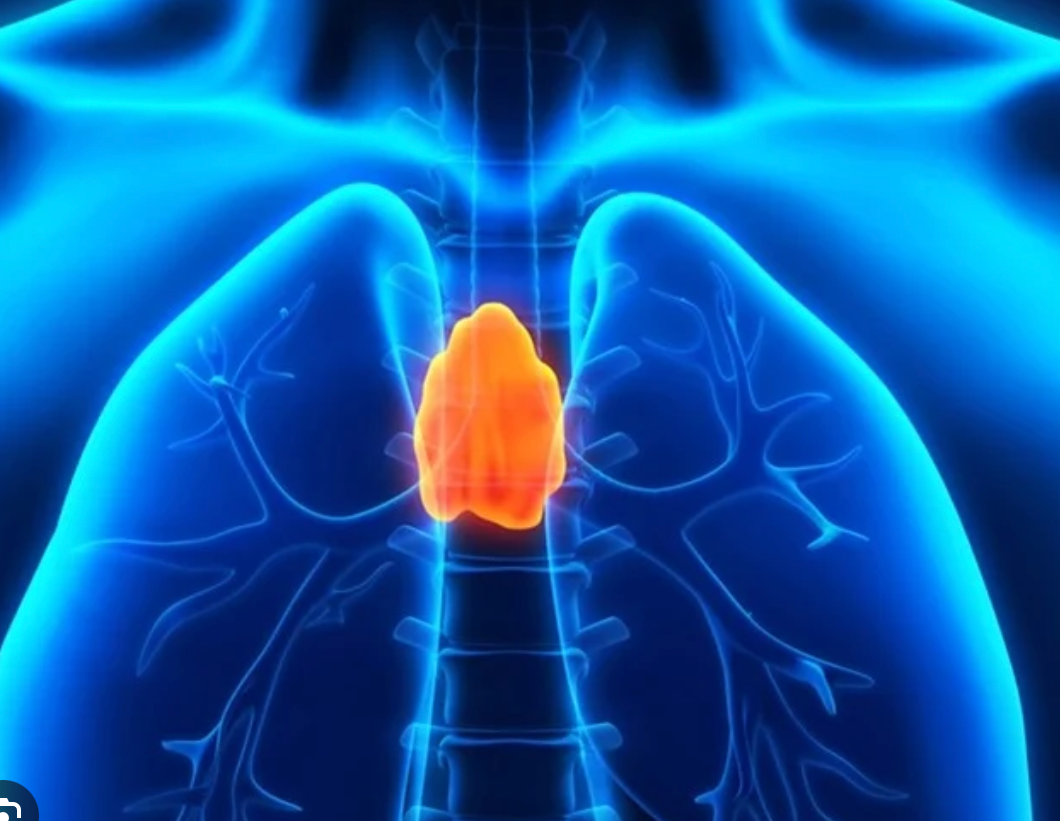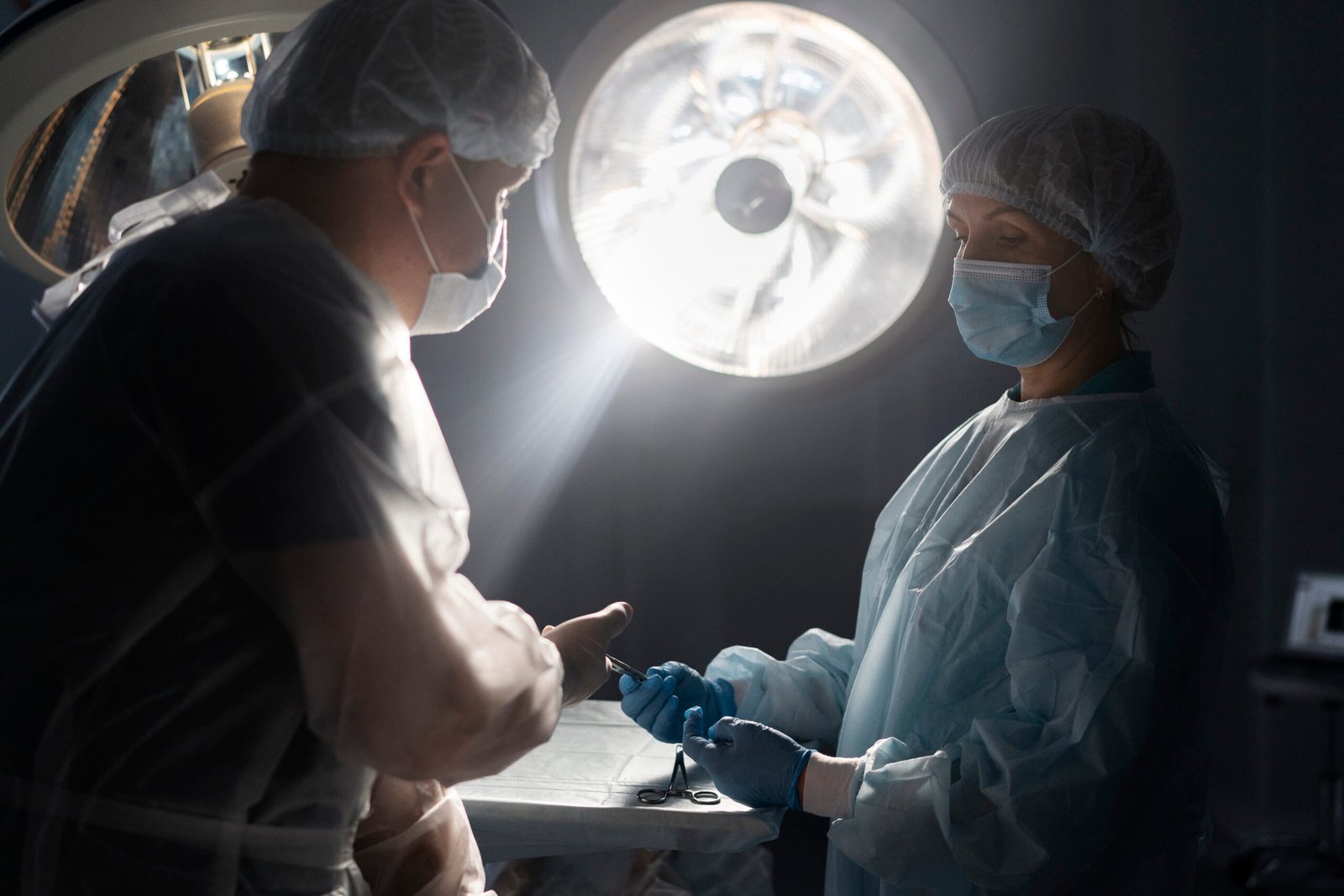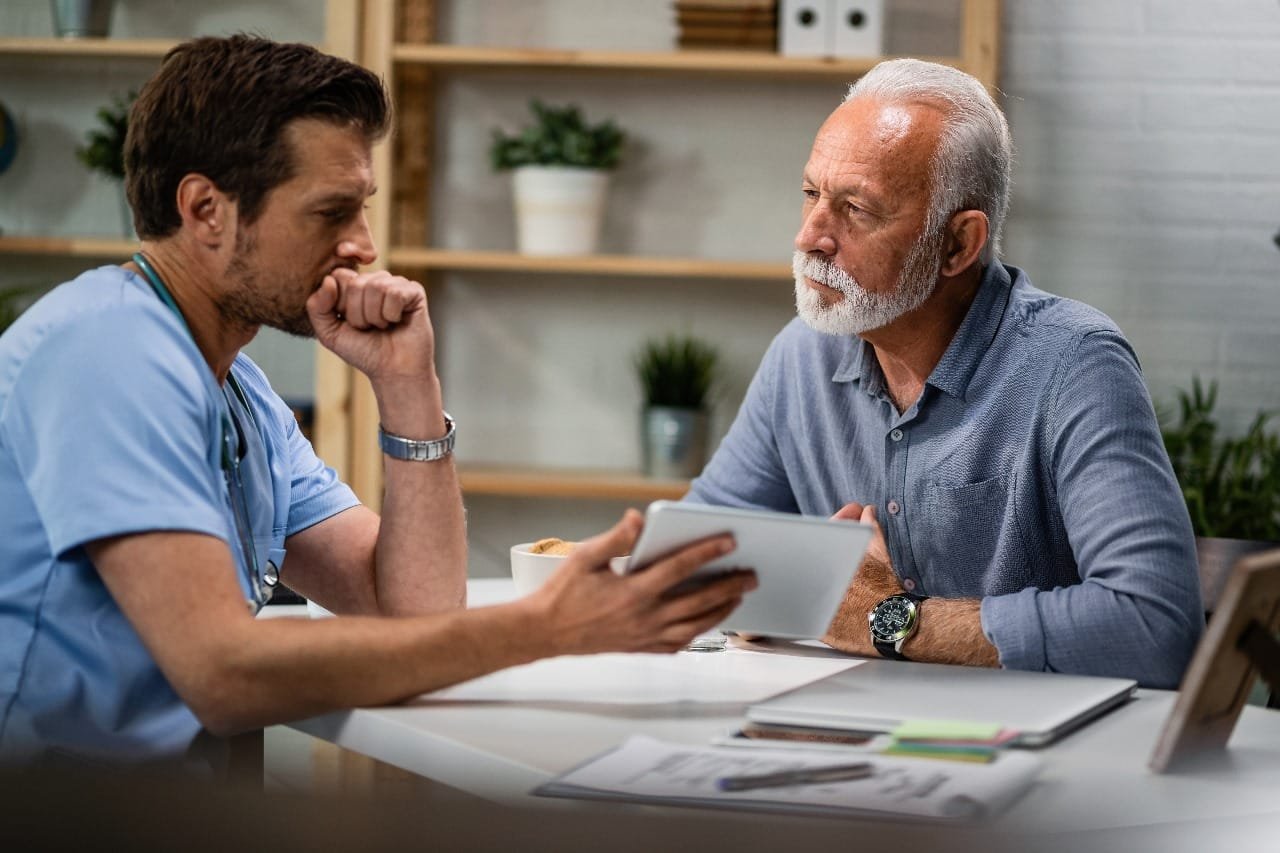Lung cancer treatment is a complex journey that often requires a comprehensive approach to care. At the heart of this process is a multidisciplinary team that collaborates to provide patients with the best possible outcomes. Understanding the roles of each team member can empower patients and their families to engage more effectively in their treatment journey. In this blog post, we’ll explore the key professionals involved in lung cancer surgery and how they work together to support patients.
The Multidisciplinary Team: Who’s Who?
- Thoracic Surgeon
- The thoracic surgeon is a critical member of the team responsible for performing lung cancer surgery. They assess the patient’s condition, discuss surgical options, and perform the operation to remove tumors or affected lung tissue.
- Mr. Marco Scarci, an expert in minimally invasive lung cancer surgery, exemplifies the specialized skills and knowledge that a thoracic surgeon brings to the table. His role involves not only technical expertise but also patient education and support throughout the surgical process.
- Medical Oncologist
- The medical oncologist specializes in the systemic treatment of cancer using chemotherapy, targeted therapy, and immunotherapy. They often work closely with the thoracic surgeon to determine the most effective treatment plan, which may include surgery followed by additional therapies to reduce the risk of recurrence.
- They are instrumental in managing the overall care of the patient, addressing any complications that may arise during treatment, and providing supportive care.
- Radiation Oncologist
- The radiation oncologist focuses on using radiation therapy to treat cancer. For lung cancer patients, radiation may be utilized as a primary treatment, in conjunction with surgery, or as palliative care to relieve symptoms.
- They collaborate with the surgeon and medical oncologist to determine the appropriate timing and dosage of radiation therapy, ensuring a coordinated approach to treatment.
- Pulmonologist
- The pulmonologist specializes in diagnosing and treating lung conditions. They evaluate lung function and assess any pre-existing respiratory issues that could impact surgical outcomes.
- This specialist plays a vital role in preparing patients for surgery and monitoring their lung health throughout the treatment process.
- Nurse Navigator
- A nurse navigator serves as a guide for patients navigating the complex healthcare system. They provide education, coordinate appointments, and offer emotional support throughout the treatment journey.
- The nurse navigator is essential in ensuring that patients understand their treatment options, are prepared for surgery, and have access to necessary resources and support.
- Pathologist
- The pathologist analyzes tissue samples obtained during biopsies or surgery to provide critical information about the type and stage of cancer. Their findings guide the treatment plan and help determine the appropriate therapies.
- Pathologists play a key role in ensuring that the cancer diagnosis is accurate, which is vital for developing an effective treatment strategy.
- Social Worker or Psychologist
- The psychological and emotional impact of a lung cancer diagnosis can be significant. Social workers and psychologists are available to provide counseling, support, and resources to help patients and their families cope with the challenges they face.
- They can assist in addressing mental health concerns, facilitating support groups, and connecting patients with community resources.
The Collaborative Approach
The strength of the multidisciplinary team lies in their collaboration. Each member brings unique expertise and perspectives, working together to develop a comprehensive treatment plan tailored to the individual patient’s needs. This collaborative approach ensures that all aspects of the patient’s care are addressed, from diagnosis to recovery.
- Case Conferences: Many multidisciplinary teams hold regular case conferences to discuss patient cases, review treatment plans, and make adjustments as needed. This collaborative environment fosters open communication and ensures that all team members are aligned in their goals for the patient’s care.
- Patient-Centered Care: The focus of the multidisciplinary team is always on the patient. By involving multiple specialists, patients receive a well-rounded approach to treatment that considers their physical, emotional, and psychological needs.
Empowering Patients and Families
Understanding the roles of each team member can empower patients and their families to take an active role in their care. Here are some tips for engaging effectively with the multidisciplinary team:
- Ask Questions: Don’t hesitate to ask questions during appointments. Understanding your treatment options and the rationale behind them is crucial for informed decision-making.
- Be Open About Concerns: Share any concerns or symptoms with the team. Open communication helps the team address issues promptly and make necessary adjustments to the treatment plan.
- Utilize Resources: Take advantage of the resources provided by the team, including educational materials, support groups, and counseling services. These resources can be invaluable in navigating the challenges of lung cancer treatment.
Partner with an Expert in Lung Cancer Surgery
A successful lung cancer treatment journey begins with the right surgical expertise. Mr. Marco Scarci, a leading thoracic surgeon specializing in lung cancer, is dedicated to providing patients with comprehensive care and guidance throughout their treatment. With a focus on minimally invasive techniques and a collaborative approach, Mr. Scarci ensures that patients receive the highest level of care tailored to their unique needs.
Contact Mr. Marco Scarci’s office today to learn more about lung cancer surgery and the multidisciplinary approach to treatment. Your journey is important, and having the right team behind you makes all the difference in achieving the best possible outcomes.









